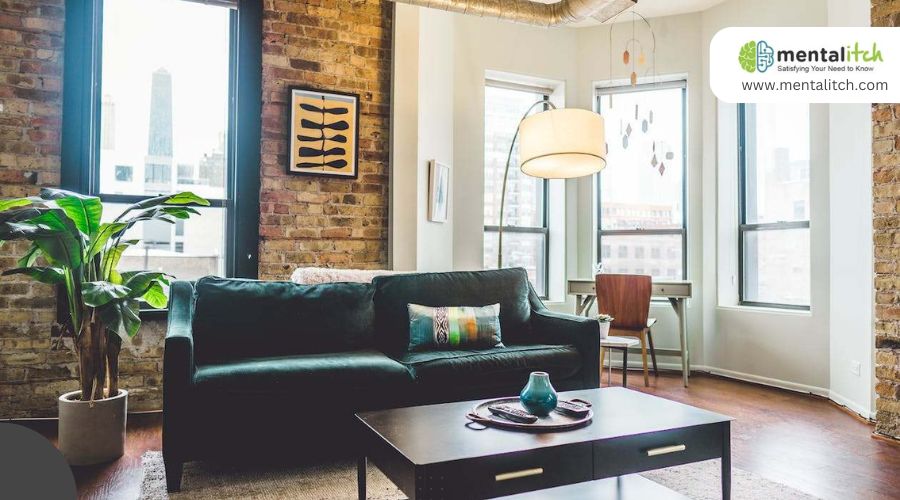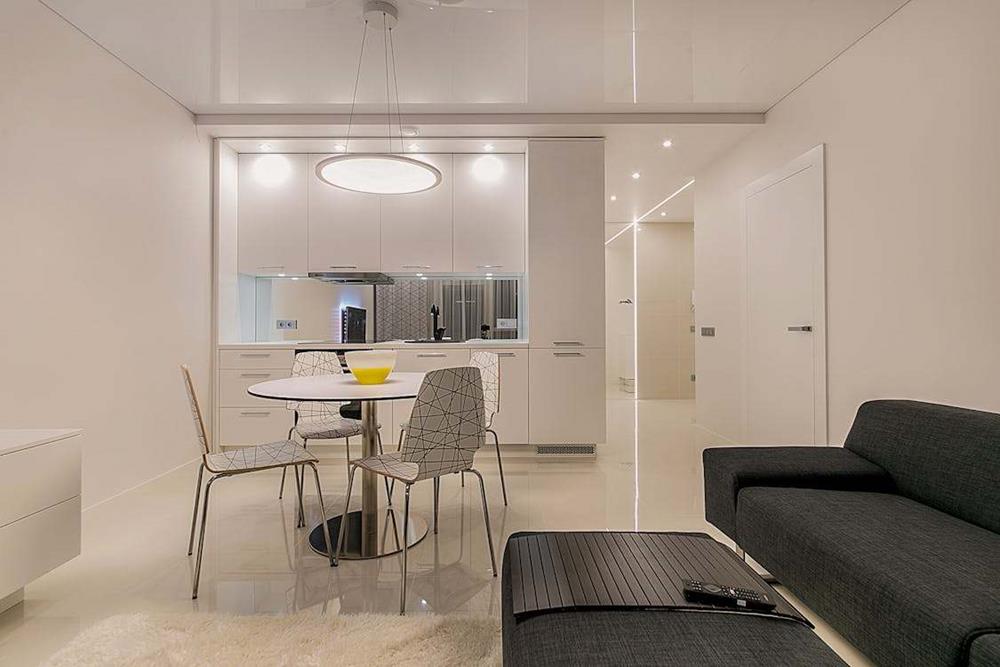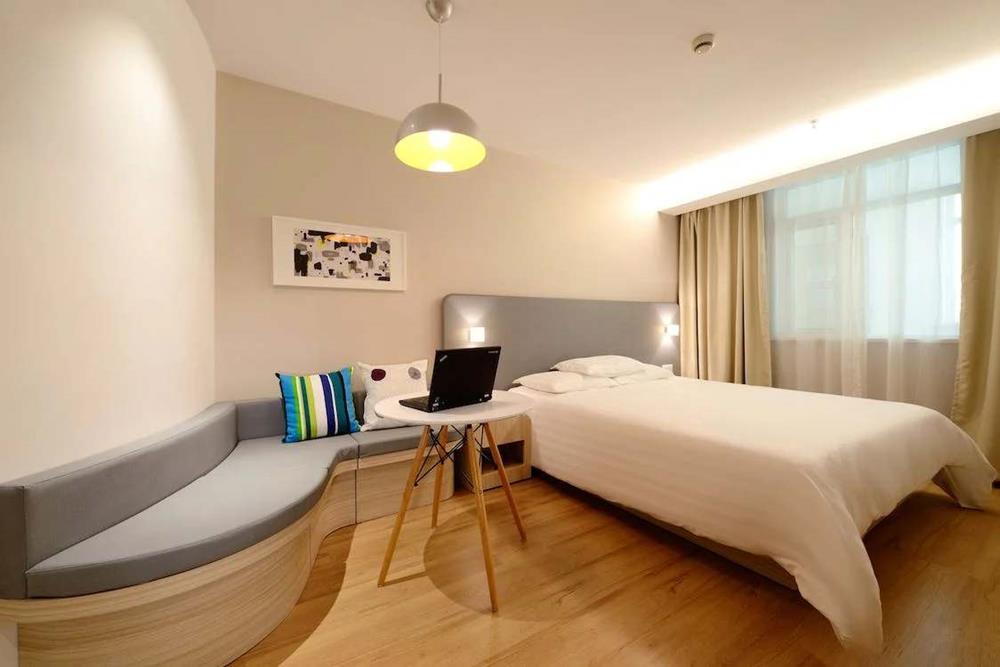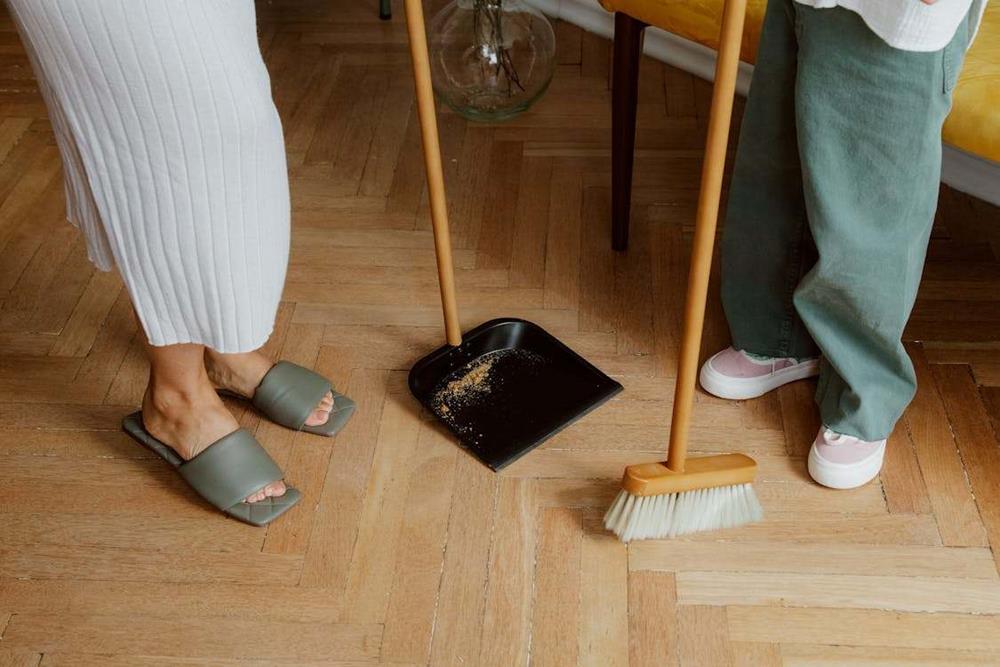Renting an apartment for the first time is a rite of passage. It’s seen as a sign you’re finally an adult and becoming independent. As exciting as that is, it also involves a lot of stress. The rent alone could be enough to make you anxious, but then there’s the process of actually finding an apartment to rent.
To make the process less stressful, it’s worth following a few tips and tricks. Doing this before you agree to rent anywhere is vital, as it makes sure you get what you expect. Three top apartment renting tips stand out with this, as they’ll let you know what you’re in for.
Vital Things To Do Before Renting An Apartment: 3 Top Options
Before you commit to an apartment lease, there are several vital steps you should take to ensure you’re making the right choice for your needs and lifestyle. These steps can help you avoid common pitfalls and ensure that your rental experience is as smooth and enjoyable as possible. Here are three top things to do before renting an apartment.
1. Know The Costs
You’ll already know there’ll be a certain number of costs when you’re renting an apartment. The rent is the most obvious, but there are other ones on top of this. You’ll have to pay a security deposit upfront, for example. Then there’ll be the ongoing costs during your lease, including:
- Internet and cable
- Gas
- Electricity
- Water
- Trash
Make sure you know what your costs will be so you can make sure you can afford them. Take the time to know what you can afford and stick to that.
2. Check Reviews
Before agreeing to anything, make sure to check out rental reviews. These focus on rating landlords and real estate agents based on how professional and easy to work with they are. Nobody wants a nightmare landlord, after all. By putting the effort in beforehand, you can avoid them.
Check for things like whether repairs and maintenance were carried out quickly and easily for previous tenants, among other factors. It’ll let you know exactly what you’re in for once you’ve finally signed the lease.
3. Go Over Terms
A rental agreement could be one of the first legal documents you’ll ever sign. You’ll need to make sure you properly understand it. Brush up on commonly used terms before going through it and giving it a careful read. If there’s something you don’t understand, make sure to ask about it.
The last thing you’d want is to legally agree to something unexpected. You wouldn’t want to be in for any surprises once you’ve moved in. Once you understand the terms, you can figure out if you actually agree with them. Be sure to bring up anything you don’t agree with and discuss it with the estate agent or landlord.
What are the Benefits of Renting an Apartment?
Choosing to rent an apartment comes with a set of advantages that suit various lifestyles, from young professionals starting their careers to retirees looking to downsize. Renting offers flexibility, financial benefits, and convenience, making it an attractive option for many. Here are some of the top benefits of renting an apartment.
Financial Flexibility
Renting an apartment typically requires less upfront money than buying a home, with expenses like down payments and closing costs not being a factor. Monthly rent may also cover utilities and maintenance fees, allowing for a more predictable budget and freeing up funds for other investments or expenses. This financial flexibility is especially beneficial for those who prioritize saving or who have other financial goals.
Maintenance-Free Living
One of the most appreciated benefits of renting is the lack of maintenance responsibilities. When something breaks or needs updating, it’s usually the landlord’s responsibility to fix it, not the tenant’s. This means no out-of-pocket costs or time spent on home repairs, providing renters with peace of mind and more free time to enjoy their hobbies and interests.
Amenities
Many apartment complexes offer amenities that would be costly or impractical for most homeowners, such as swimming pools, fitness centers, and community spaces. These amenities enhance the living experience, offering convenience and opportunities for socialization without leaving home. They also contribute to a sense of community among residents.
Location and Mobility
Renting an apartment can provide access to prime locations that might be unaffordable or unavailable for purchase. This is particularly advantageous for those who wish to live near work, entertainment, or in desirable city centers. Additionally, renting offers greater mobility. Lease terms are typically one year, giving tenants the option to move with relative ease compared to homeowners, who must sell their property before relocating.
No Real Estate Taxes or HOA Fees
Renters are not responsible for paying real estate taxes or homeowners association (HOA) fees, which can be substantial depending on the location and amenities of a property. This absence of extra costs is another financial perk of renting, simplifying budgeting, and reducing monthly expenditures.
Tips for Maintaining an Apartment
Maintaining an apartment not only ensures a comfortable and clean living space but also helps in avoiding costly repairs and disputes with landlords. Whether you’re a long-term renter or in a place temporarily, taking care of your apartment is essential. Here are some practical tips to help you keep your apartment in top condition.
- Regular Cleaning: Establish a cleaning schedule that covers daily, weekly, and monthly tasks. Regular cleaning prevents the buildup of dust, dirt, and grime, which can lead to a more pleasant living environment and reduce the risk of damage to surfaces and fixtures.
- Promptly Address Repairs: If you notice something broken or not working correctly, report it to your landlord or management as soon as possible. Early intervention can prevent minor issues from becoming major problems, saving time and money in the long run.
- Be Mindful of Walls: Avoid making unnecessary holes in the walls. Use adhesive hooks and strips designed to hold pictures and decorations without causing damage. If you do make holes, know how to properly patch and paint them before moving out.
- Maintain Appliances: Clean and maintain appliances according to the manufacturer’s instructions. This includes defrosting the freezer, cleaning the refrigerator coils, and descaling the coffee maker. Proper maintenance can extend the life of these appliances and improve their efficiency.
- Manage Waste Properly: Follow the apartment complex’s guidelines for trash disposal and recycling. Proper waste management prevents pest infestations and keeps communal areas clean and odor-free.
- Ventilate: Ensure good air circulation by using fans or opening windows regularly to reduce humidity and prevent mold growth. Proper ventilation also improves air quality, making your living space more comfortable.
- Report Pest Issues Immediately: If you see signs of pests, report them to your landlord right away. Early detection is key to preventing an infestation, and most landlords will appreciate the heads-up to address the issue quickly.
- Respect Common Areas: Treat common areas like you would your own space. Clean up after yourself and follow any rules set by the apartment complex. This helps maintain a pleasant environment for all residents.
Vital Things To Do Before Renting An Apartment: Wrapping Up
There are more than a few things to do before renting an apartment. Some of these are obvious, so you shouldn’t have a problem getting them done. Others won’t be, however, despite how much of an impact they’ll have on the process.
Checking reviews, knowing all of the costs, and going over terms will be some of the more notable things to do before renting an apartment. Putting the effort in makes sure everything goes relatively stress-free. You’ll be in your first apartment before you know it.
Additional Suggestions
- We hope that the tips we provided above will help you have a better understanding of how to look for the best apartment to rent.
- Once you get a lease for the apartment, it should be noted that there will be ongoing costs for it, including electricity and water.
- Check out rental reviews for you to know if the apartment complex has high ratings.
- Study the commonly used terms for apartment renting so that you will already have a better idea on what to ask the real estate agents or the landlords.




